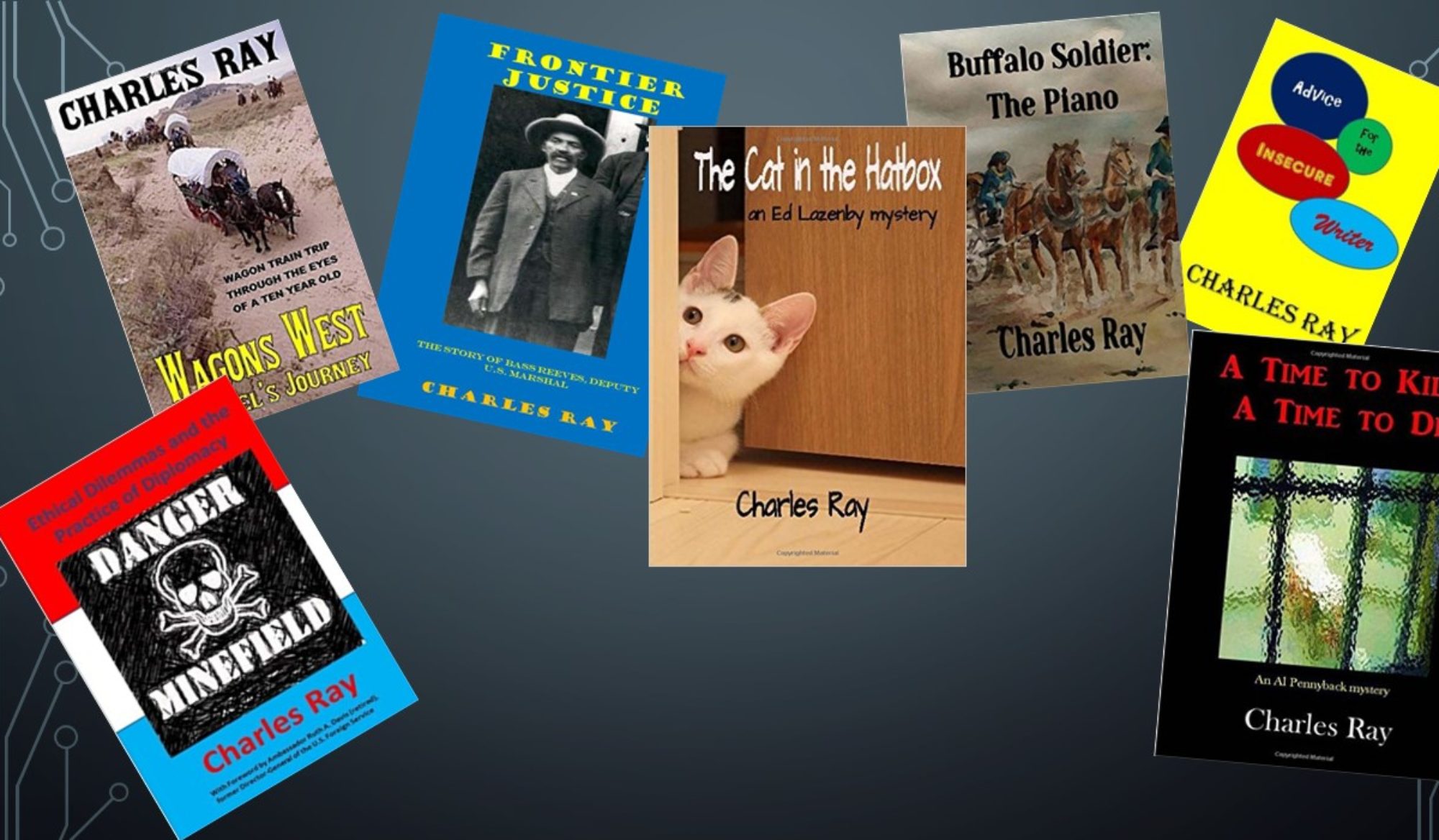South Africans don’t like to be bullied
State capture and the implications for US-Africa Relations
Post-election Journal-isms Roundtable, Dec. 8, 2024
“1 Charles Ray Does The Work Of 10” As Western Demand Increases!
Review of Tri-Write bestsellers
Y’all Listen – Triple Threat – Tri-Write, Kidnap Revenge
Authors and Answers – Talk with DSP Authors and Publicist Nick Wale
Help Wanted: Mounting Autograph Requests Call For Expansion
April 17, 2024|Authors, DSP Articles

Autograph requests in the Western genre are becoming more popular, and Charles Ray recently shared a very pleasant request he received from a reader who had recently finished a collaboration Charles had written with Harvey Wood called “Hell’s Fury.”
More of these requests have become commonplace as more and more readers turn to Western authors for their entertainment. This has occurred to the point that DSP has considered hiring a new assistant just to deal with this ever-increasing stack of reader requests.

If there’s an indication of popularity in a genre, then autograph requests and personal correspondence with readers are that indication. Judging by the time that is now spent corresponding with readers, Westerns are working their way back into the public’s heart.




